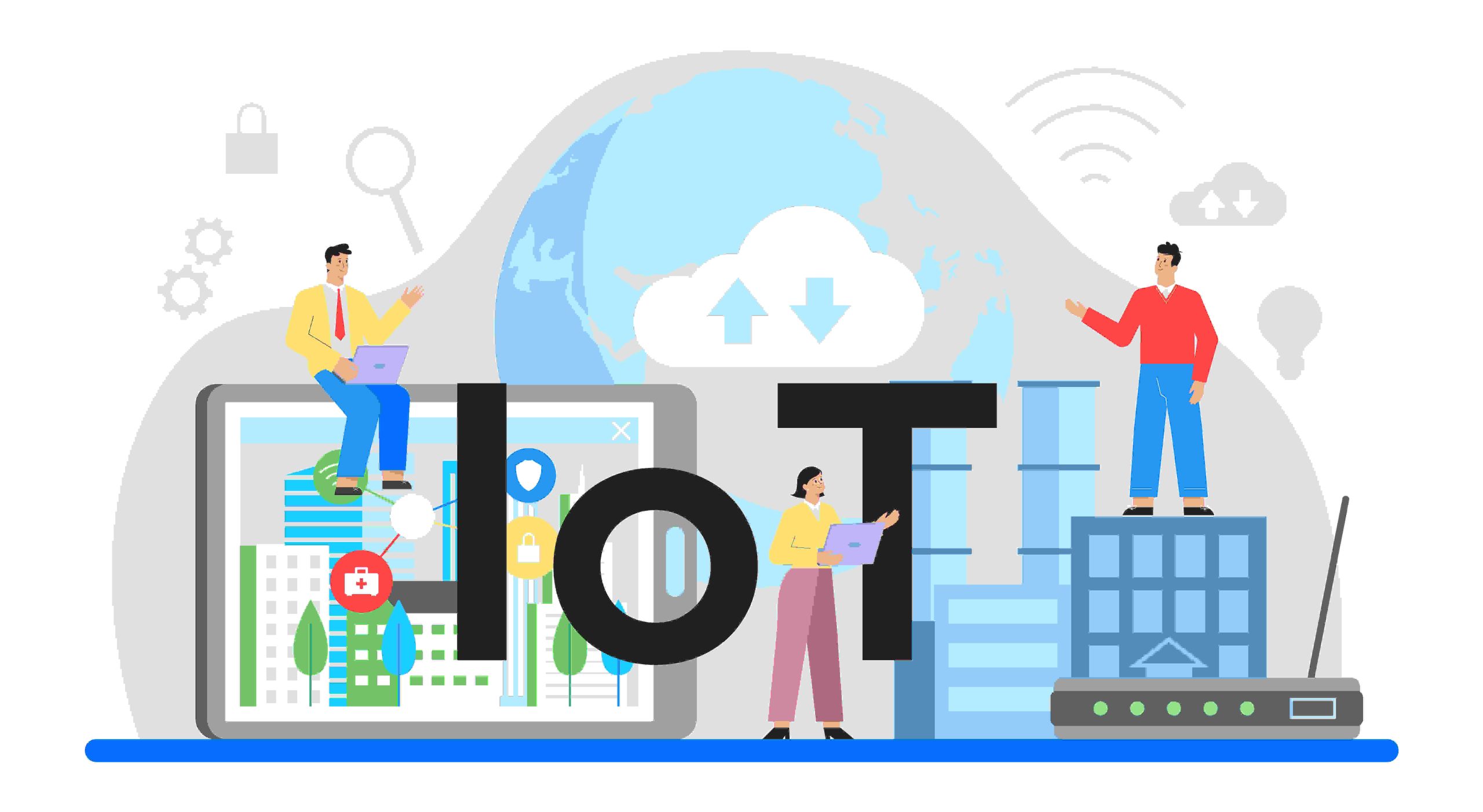In the not-so-distant past, the idea of everyday objects being interconnected and communicating with each other was the stuff of science fiction. Today, it’s a reality. Welcome to the age of the Internet of Things (IoT), where the digital and physical worlds merge to create a more connected and convenient way of life. In this article, we’ll explore the IoT revolution, from smart homes to smart cities, and how it’s reshaping the world around us.
Understanding the IoT
The Internet of Things, or IoT, is a term that refers to the network of physical objects or “things” embedded with sensors, software, and other technologies to connect and exchange data with other devices and systems over the internet. In simpler terms, it’s about giving everyday objects the ability to collect and share information, making them “smart.”
Smart Homes: IoT at a Personal Level
Imagine waking up in the morning, and your home already knows you’re awake. The thermostat adjusts to your preferred temperature, the coffee maker starts brewing, and your favorite morning playlist begins playing—all without you lifting a finger. This is the promise of the smart home.
In smart homes, IoT is transforming everyday life. Smart appliances and devices like thermostats, lights, security systems, and voice-activated assistants are becoming commonplace. These devices can be controlled remotely through smartphone apps, voice commands, or even anticipate your needs based on your habits.
The benefits of a smart home are numerous: increased energy efficiency, improved security, enhanced convenience, and the potential for cost savings. However, as our homes become more connected, concerns about data security and privacy also rise. Implementing robust security measures is crucial to ensure your personal data remains protected.
Smart Cities: Expanding IoT to Urban Environments
While smart homes focus on personal convenience, smart cities take IoT to a grander scale—our urban environments. Smart cities leverage IoT technology to enhance various aspects of urban life, from transportation to waste management.
Picture a city where traffic lights adjust in real-time to reduce congestion, where waste bins signal when they’re full and need emptying, and where public transportation operates efficiently thanks to data-driven insights. These are some of the ways IoT is making our cities smarter.
Take, for instance, Barcelona’s “Superblocks” project. By redesigning city blocks to prioritize pedestrians and cyclists and reduce vehicle traffic, Barcelona is using IoT to create more sustainable and livable urban spaces.
IoT’s Impact on Industries
Beyond homes and cities, IoT is leaving its mark on various industries.
- Healthcare: IoT-driven devices allow for remote patient monitoring, early detection of health issues, and improved patient care.
- Agriculture: Precision farming powered by IoT sensors optimizes crop yields and resource usage, contributing to food security.
- Manufacturing: Smart factories equipped with IoT sensors and automation improve efficiency and reduce downtime.
- Transportation: IoT plays a crucial role in the development of autonomous vehicles, making transportation safer and more efficient.
Challenges and Concerns
While IoT holds incredible promise, it’s not without challenges. Security and privacy issues are at the forefront of IoT discussions. As more devices collect and transmit data, the potential for security breaches and unauthorized access increases. It’s essential to implement robust security measures and establish industry-wide standards and regulations to address these concerns.
Future Trends in IoT
The world of IoT continues to evolve rapidly. As technology advances, we can expect to see even more innovative applications of IoT. From advancements in wearable devices to breakthroughs in environmental monitoring, the possibilities are limitless. IoT’s role in sustainability and environmental conservation will also be a significant focus in the coming years.
Conclusion
The IoT revolution is here, and its impact is undeniable. From making our homes smarter and more efficient to transforming entire cities into hubs of innovation, IoT is changing the way we live, work, and interact with our surroundings. However, with this transformation comes the responsibility to address security and privacy concerns and to ensure that IoT technology benefits humanity without causing harm. As we look ahead to the future, one thing is clear: IoT will remain at the forefront of innovation, reshaping industries and improving lives worldwide.

